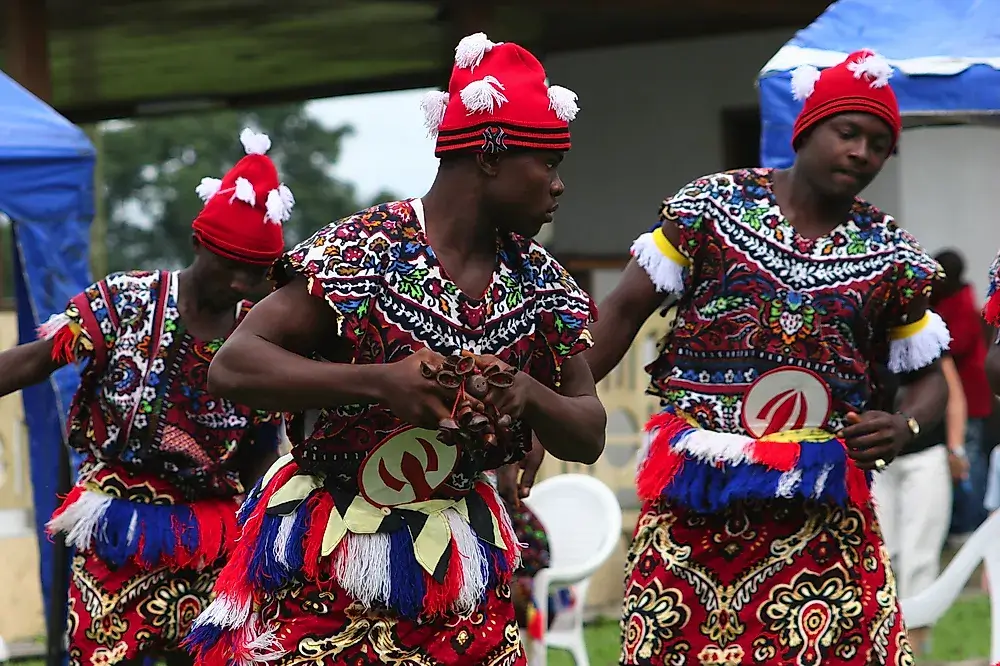Archaeological evidence shows that Igbo people have inhabited southeastern Nigeria for over 5,000 years. The discovery of bronze artifacts at Igbo-Ukwu dating to the 9th century revealed a sophisticated civilization with advanced metallurgical skills that predated many other African kingdoms.
The Igbo region developed one of Africa's indigenous writing systems called Nsibidi, a symbolic script used for centuries in secret societies and for record-keeping. This ancient system demonstrates the long intellectual tradition of the Igbo people.
The colonial period and subsequent Nigerian Civil War (1967-1970) significantly impacted Igbo society. Despite these challenges, Igbo culture has shown remarkable resilience, with Igbo people becoming prominent in Nigerian commerce, education, and professional fields.
Igbo literature gained international prominence through writers like Chinua Achebe, whose novel "Things Fall Apart" is one of the most widely read African novels worldwide. The book explores Igbo culture and the impact of colonialism, introducing global audiences to Igbo worldview and traditions.
Modern Igbo culture thrives through music (including highlife and contemporary Igbo pop), film (Nollywood), and a strong diaspora community that maintains language and cultural practices globally. The annual Igbo cultural festivals celebrate traditional masquerades, dances, and ceremonies.
